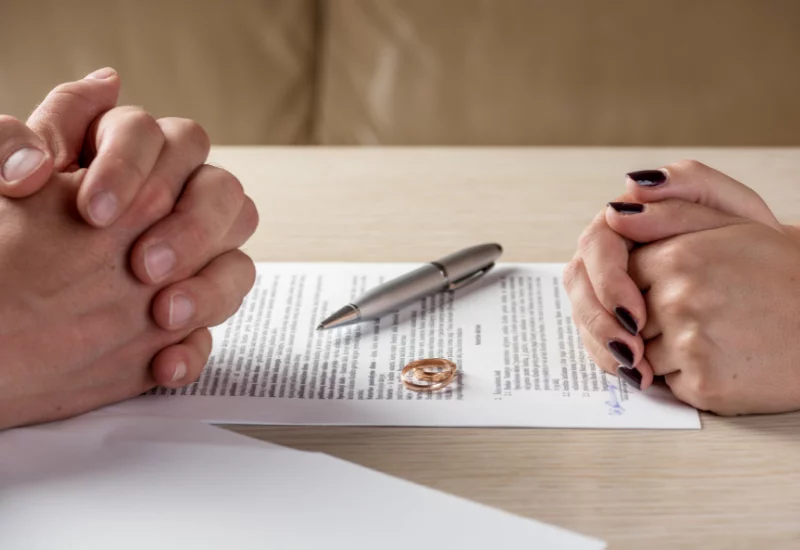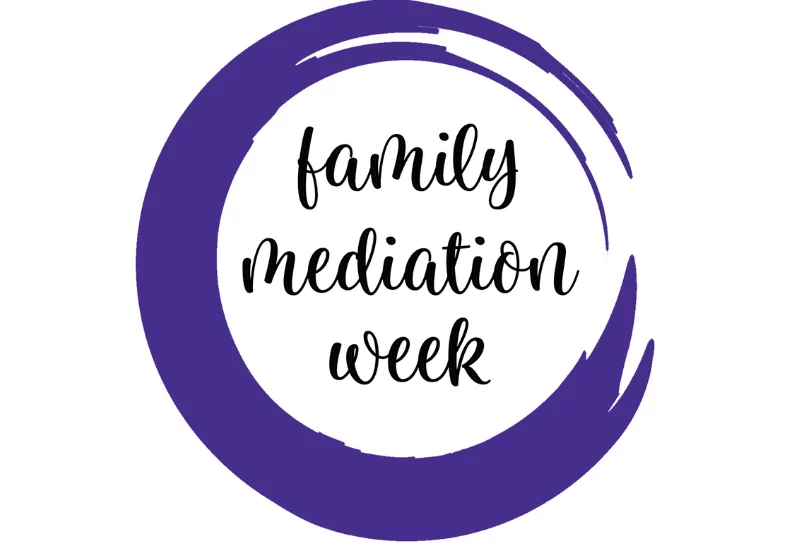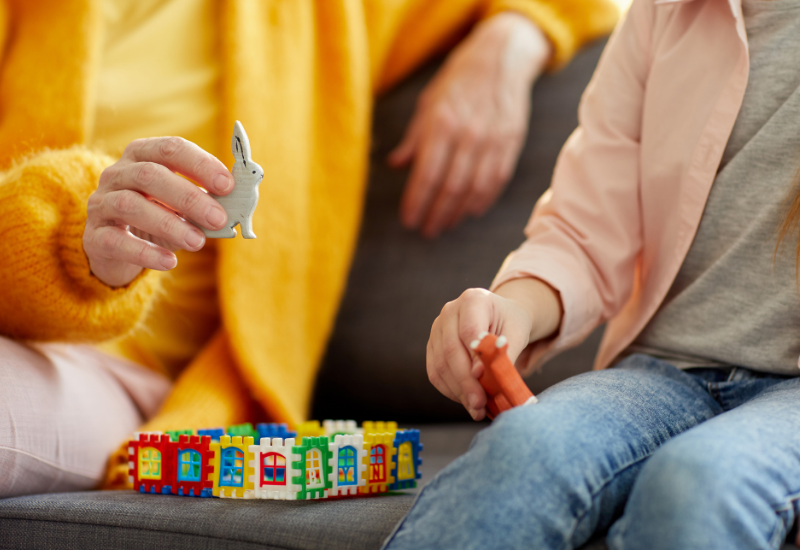Protecting children during separation: minimising stress and conflict

Separation or divorce can be a challenging time for families, particularly when children are involved. Amy Trench, Senior Associate and Mediator at Trethowans, answers common questions from separating parents and offers guidance on how to minimise the impact on children.
Can separation be damaging for the children?
In many cases, it is not the parental separation itself that causes the most harm to children, but the conflict between parents that often comes with it. Parents may inadvertently involve children in disagreements with the other parent, which puts them in the middle and under considerable pressure. It is a fine balance between seeking their view and allowing them a voice, but not putting them in a position where they have the burden of making decisions, where parents cannot agree.
Imagine two siblings constantly arguing and being unkind to each another, as a parent you’d be forgiven for feeling overwhelmed and upset by the interactions. Most children love both parents, so hearing criticism of one parent from the other can be deeply distressing.
It is important for parents contemplating separation to consider the impact on the children and how they can seek to discuss the arrangements for the children. Establishing clear methods of communication and a method of resolving points in disagreement can protect children and ensure a better co-parenting relationship moving forwards.
What are the possible effects of separation on children?
In addition to a general disruption in family life and possibly less time with one or both parents, children may end up not seeing their grandparents and wider family as much, as a result of separation.
As well as potential new homes with a reduced standard of living, some children may have to move schools, which can have a knock-on effect on education. For children in private schooling a discussion will need to be had early on between parents as to whether it remains affordable moving forwards and how they might continue to pay for this.
With social media being so prevalent, children can end up finding out online when one of their parents has a new partner and can suffer embarrassment by a parent posting something on social media about their separation or divorce that was perhaps meant for their circle of friends.
How can parents minimise stress for children during separation?
Firstly, seeking legal advice early from a Resolution solicitor, so that they know their responsibilities and expectations is helpful. Resolution consists of family lawyers and other professionals committed to the constructive resolution of family disputes. We follow a Code of Practice that promotes a non-confrontational approach to family problems, and we encourage solutions that consider the needs of the whole family, and in particular, the best interests of children.
A solicitor can talk parents through the legal principles such as parental responsibility and arrangements for the children.
If a couple are considering separation and/or divorce it is crucial, particularly where children are concerned, to try and resolve disagreements in a safe and constructive way. There are many options available to parents that do not involve attending court, such as mediation, child inclusive mediation, resolution together (on couple, one lawyer), a collaborative process, arbitration and/or discussion through solicitors. They can discuss which process might be right for them and their former partner, so that they both have control over the process and feel supported in trying to decide together what happens to the children after separation, and how money and assets will be divided between them.
Parents can access an online Parenting Plan that they can personalise and edit. In addition, Resolution provide many useful tools on their website along with a key leaflet entitled ‘Helping parents to help children ’.
Initially, parents will need to think about a number of aspects and ideally agree on how to deal with these. If possible, mediation can be a productive process to discuss some practical points following separation, such as:
- Telling the children – ideally, both parents should be present when having the initial conversation telling the children about separation, but if this would create more tension, separate discussions can take place. Ideally, parents will agree when and where the children will be told, and discuss what they are going to say beforehand, so the children benefit from hearing similar messages from both parents.
- Address their concerns – parents will need to be prepared to reassure children as to when and how they will see both parents and where they may live and attend school. Children should be invited to ask questions about any concerns they have and if the answers are not known yet, parents can indicate they are working hard together to sort out the details, and they will be the first to know.
- Managing the relationship as separated parents – Parents will need to agree on how they are going to communicate moving forwards. Heated discussions or arguments in the presence of the children should be avoided. It follows that detailed discussions should not take place during handovers, when the children are leaving one parent to go to the other. Instead, communicate separately via email, text, arrange a separate meeting in person, utilise a mediation process or download one of the Apps that are designed to help separating parents communicate, such as Our Family Wizard .
Getting the basics resolved early on, to allow daily life for the children to be established fairly swiftly, will help the family adjust to the changes.
For tailored advice on navigating separation and its impact on your children, or to learn more about mediation and other non-court options, please contact us on 0800 2800 421 or get in touch here.















